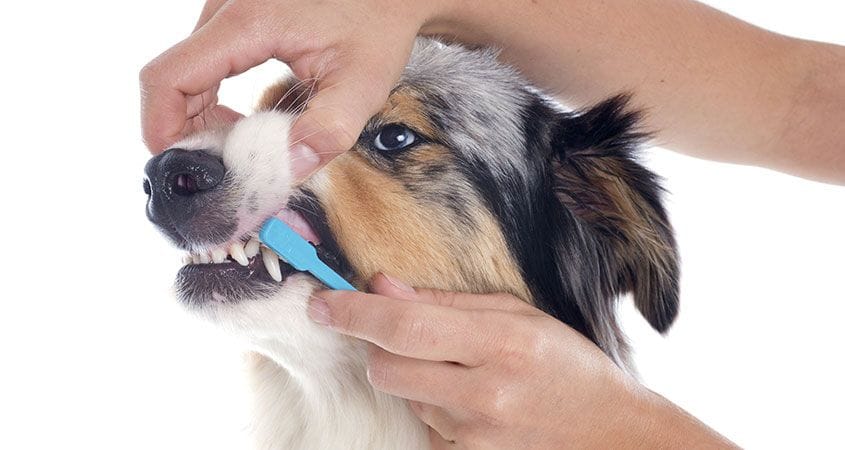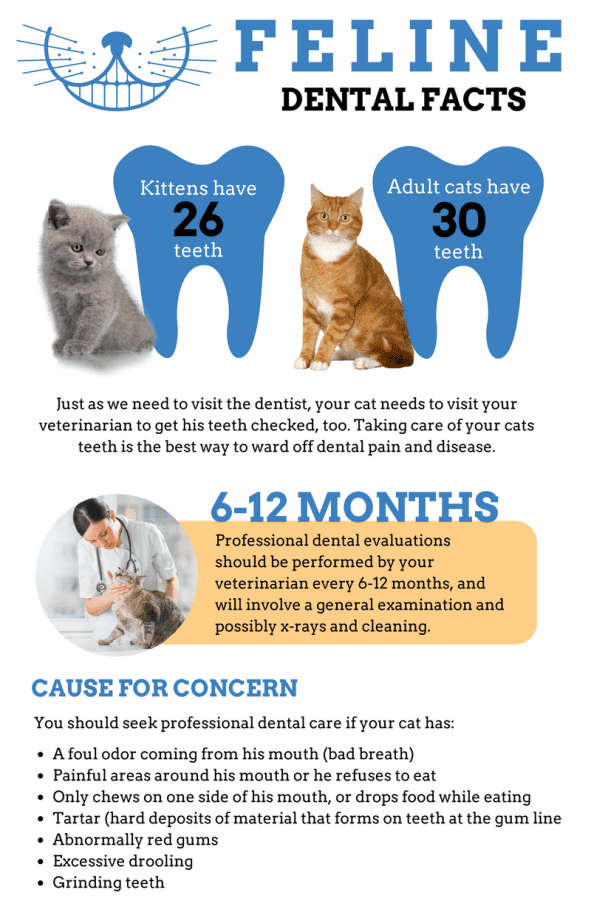Key Takeaways:
- Regular exercise is crucial for maintaining your dog's overall health and preventing obesity.
- A balanced and nutritious diet is essential to keep your dog healthy and prevent common health issues.
- Regular veterinary check-ups and vaccinations are necessary to ensure your dog's well-being and detect any potential health problems early on.
- Maintaining good oral hygiene through regular teeth brushing can help prevent dental diseases in dogs.
- Providing a safe and stimulating environment, along with mental stimulation and socialization, is important for your dog's mental and emotional well-being.
Are you a proud dog owner? Do you want to ensure that your furry friend stays healthy and happy for years to come? If so, then delving into the topic of 'Keeping Your Dog Healthy' is a must! Understanding how to properly care for your dog not only benefits their overall well-being but also strengthens the bond between you and your four-legged companion. By learning about the essential aspects of dog health, you can provide them with the love and attention they deserve while keeping them safe from potential health issues. So, let's dive into this important subject together and discover the secrets to keeping your beloved pup in tip-top shape!
The Importance of Keeping Your Dog Healthy
Why is it important to keep your dog healthy?
Keeping your dog healthy is essential because it ensures that your furry friend can live a long, happy life by your side. When your dog is healthy, they have more energy to play and enjoy their time with you. Additionally, a healthy dog is less likely to develop serious illnesses or diseases, which can be costly to treat and cause unnecessary suffering.
Moreover, taking care of your dog's health means being a responsible pet owner. Just like humans, dogs need regular check-ups and preventive care to stay in good shape. By keeping up with their health needs, you are providing them with the best chance for a high quality of life.
How can you keep your dog healthy?
To keep your dog healthy, there are several simple steps you can take:
- Provide a balanced diet: Feeding your dog high-quality food that meets their nutritional needs is crucial for their overall health. Consult with your veterinarian to determine the right type and amount of food for your dog's breed and size.
- Regular exercise: Dogs need daily exercise to maintain a healthy weight and strengthen their muscles. Take them for walks or play games like fetch to keep them active.
- Grooming: Regular grooming helps keep your dog's coat clean and free from mats or tangles. It also allows you to check for any skin issues or parasites such as fleas or ticks.
- Vaccinations: Ensure that your dog receives all necessary vaccinations to protect against common diseases. Vaccinations help prevent serious illnesses that can be harmful or even fatal for dogs.
- Dental care: Just like humans, dogs can develop dental problems. Brushing your dog's teeth regularly and providing dental treats or toys can help maintain their oral health.
By following these simple steps, you can significantly contribute to your dog's overall health and well-being.
Simple Steps to Keep Your Dog Healthy
Provide a safe environment for your dog
To keep your dog healthy and happy, it is essential to create a safe environment for them to live in. This means ensuring that your home and yard are free from hazards that could harm your furry friend. Here are some steps you can take:
- Secure any toxic substances: Keep cleaning products, chemicals, medications, and other potentially harmful substances out of reach of your dog.
- Remove small objects: Dogs are naturally curious and may swallow small objects that can cause choking or intestinal blockages. Keep small items off the floor or within your dog's reach.
- Fence the yard: If you have a backyard, make sure it is securely fenced to prevent your dog from wandering off and getting lost or injured.
- Provide shade and shelter: Make sure your dog has access to shade during hot weather and a warm shelter during cold weather.
Socialize and train your dog
Socialization and training are crucial for keeping your dog healthy both mentally and physically. When dogs are properly socialized, they learn how to interact with other animals and people in a positive way. Training helps prevent behavioral issues such as aggression or destructive behavior. Consider the following tips:
- Expose your dog to different environments, people, and animals from an early age so they become comfortable in various situations.
- Enroll in obedience classes or work with a professional dog trainer to teach your dog basic commands and good manners.
- Provide mental stimulation through puzzle toys, interactive games, and training sessions to keep your dog's mind sharp.
By providing a safe environment and proper socialization and training, you can help ensure that your dog stays healthy and well-behaved throughout their life.
How Often Should You Take Your Dog to the Vet?
The importance of regular veterinary check-ups
Taking your dog to the vet for regular check-ups is essential for maintaining their health. Regular veterinary visits allow the vet to monitor your dog's overall well-being, catch any potential health issues early on, and provide necessary preventive care. Generally, it is recommended to take your adult dog for a check-up at least once a year. However, puppies and senior dogs may require more frequent visits.
What happens during a veterinary check-up?
During a veterinary check-up, the veterinarian will perform various examinations and procedures to assess your dog's health:
- Physical examination: The vet will examine your dog from head to tail, checking their body condition, eyes, ears, teeth, heart rate, breathing pattern, and overall physical appearance.
- Vaccinations: If due or necessary based on your dog's lifestyle or specific risks in your area, the veterinarian will administer vaccinations or recommend any additional ones.
- Parasite prevention: The vet may discuss flea control measures as well as recommend preventive treatments for ticks, heartworms, and intestinal parasites.
- Blood tests: Depending on your dog's age and overall health status, the vet may recommend blood tests to screen for underlying conditions such as organ function, thyroid levels, or heartworm infection.
Regular veterinary check-ups are crucial for maintaining your dog's health and catching any potential issues before they become serious. Remember to discuss any concerns or changes in your dog's behavior with the vet during these visits.
The Right Food for a Healthy Dog
Why is choosing the right food important?
Choosing the right food for your dog is vital because it directly impacts their overall health and well-being. A balanced diet provides the necessary nutrients for your dog's growth, development, and energy levels. The right food can help prevent obesity, maintain a healthy weight, improve digestion, promote a shiny coat, and support a strong immune system.
What should you look for in dog food?
When selecting dog food, consider the following factors:
- High-quality ingredients: Look for dog foods that list high-quality protein sources (such as chicken or beef) as the main ingredient. Avoid foods that contain excessive fillers or artificial additives.
- Nutritional balance: Ensure that the food provides a balanced blend of proteins, fats, carbohydrates, vitamins, and minerals suitable for your dog's age and activity level.
- Breed-specific formulas: Some brands offer specific formulas tailored to different breeds' nutritional needs. These formulas take into account breed size and potential breed-specific health concerns.
- Veterinarian recommendations: Consult with your veterinarian to determine the best type of food for your individual dog based on their specific needs and any underlying health conditions.
Remember to introduce new foods gradually to avoid digestive upset and monitor your dog's weight regularly to ensure they are maintaining a healthy body condition.
The Crucial Role of Exercise in Your Dog's Well-being
Why is exercise important for dogs?
Exercise plays a vital role in your dog's overall well-being. Regular physical activity provides numerous benefits, including:
- Maintaining a healthy weight: Dogs that engage in regular exercise are less likely to become overweight or obese, which can lead to various health problems.
- Strengthening muscles and bones: Exercise helps build and maintain strong muscles and bones, contributing to your dog's overall physical fitness.
- Preventing behavioral issues: Dogs that receive sufficient exercise are generally calmer and less prone to destructive behaviors such as chewing or excessive barking.
- Promoting mental stimulation: Physical activity stimulates your dog's mind, preventing boredom and promoting mental well-being.
How much exercise does your dog need?
The amount of exercise your dog needs depends on factors such as their age, breed, size, and overall health. As a general guideline:
- Active breeds or working dogs may require more intense exercise sessions or longer playtime.
- Puppies should have shorter but frequent play sessions to prevent overexertion.
- Elderly dogs may have reduced mobility but still benefit from gentle walks or low-impact exercises tailored to their abilities.
Talk to your veterinarian about the appropriate amount and type of exercise for your individual dog. Remember to start gradually if your dog is not used to regular physical activity and always consider their limitations or any underlying health conditions they may have.
Signs that Indicate Your Dog is Not Feeling Well
How can you tell if your dog is not feeling well?
As a pet owner, it's important to be aware of signs that indicate your dog may not be feeling well. Dogs cannot communicate their discomfort verbally, so it's essential to observe their behavior and look out for any changes. Some common signs that your dog may be unwell include:
- Loss of appetite or sudden weight loss
- Lethargy or decreased energy levels
- Vomiting or diarrhea
- Coughing, sneezing, or difficulty breathing
- Excessive thirst or urination
- Changes in behavior such as aggression, anxiety, or restlessness
- Visible signs of pain or discomfort (whining, limping, excessive grooming of a specific area)
- Changes in coat appearance (dullness, excessive shedding)
What should you do if you notice these signs?
If you notice any of these signs or suspect that your dog is not feeling well, it's important to consult with your veterinarian. They can perform a thorough examination and run necessary tests to identify the underlying cause and provide appropriate treatment. Early detection and intervention can often lead to better outcomes for your dog's health.
Remember that you know your dog best. If something seems off or different from their usual behavior, trust your instincts and seek veterinary advice.
In conclusion, it is important to keep your dog healthy by providing a balanced diet, regular exercise, and proper veterinary care. By taking these steps, you can ensure that your furry friend stays happy and healthy for years to come.
How do I keep my dog in good health?
Ensuring your pet stays healthy involves providing them with a nutritious diet, regular physical activity, proper grooming, and regular visits to the veterinarian. By implementing these practices, you can maintain your pet's optimal well-being.
Can a dog live 20 years?
The lifespan of dogs depends on their size, with smaller dogs often living over 15-16 years, and sometimes even longer than 20 years. Medium and large dogs usually live between 10 and 20 years, while some giant breeds like mastiffs only live for 7-8 years.
Which dog has highest life span?
There is no precise scientific formula for calculating the average lifespan of a dog, but most dogs are typically loving companions for approximately ten years. However, according to the Guinness World Book of Records, the longest-living dog in recorded history was Bluey, an Australian cattle dog, who lived for nearly 30 years!
What breed of dog lives longest?
Smaller dog breeds generally have longer lifespans, with breeds like Yorkshire terriers, Chihuahuas, Dachshunds, Toy Poodles, and Lhasa Apsos typically living up to 20 years on average.
How old do most dogs live?
Medium-sized dogs typically have a lifespan of 10-13 years, which is within the average lifespan range for dogs. However, there are some medium-sized dogs that can live much longer. The oldest recorded dog, named Bobi, is a Rafeiro do Alentejo and is currently 30 years old. The lifespan and health concerns of medium-sized dogs vary depending on the breed.
Does walking your dog make them live longer?
Similar to humans, dogs require mental stimulation to keep their brains active. Taking them for walks, bringing them to parks, and enrolling them in doggie daycare can greatly enhance their quality of life, even if it doesn't necessarily extend their lifespan. According to Karas, this aspect is equally significant.

















